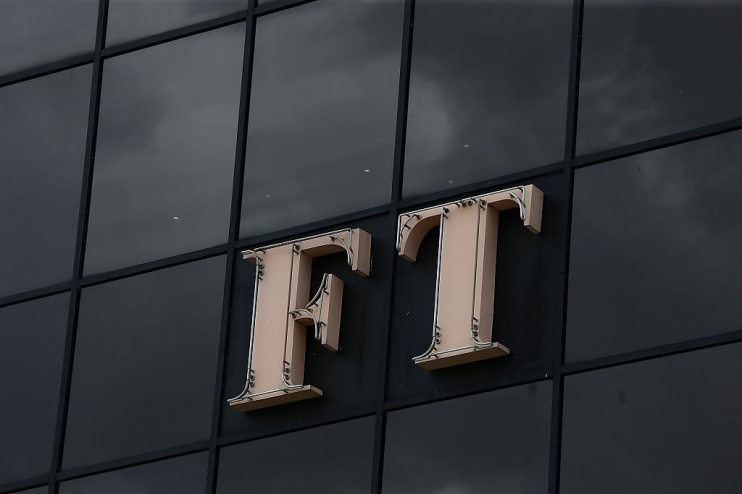Media giants wading into startup investing is a sign of things to come

As traditional advertising revenues decline or come under threat, Jess Jones explains why more major media groups are pivoting towards the world of start up investing
Since the start of this year a number of media giants have announced exciting new ventures.
Investment reporting is the Financial Times’ bread and butter, so it makes sense that last month the news group launched a venture arm of its own, FT Ventures, earmarking an initial £30m to invest in rising media brands.
Alex Calinikos, FT corporate development and strategy director, told City A.M. that the vehicle has a number of aims “which range from increasing our involvement with tech innovation impacting the global information industry, to increasing collaboration opportunities through commercial partnerships that could be of mutual benefit to both investee companies and the FT.”
Calinikos added it will also invest in businesses that could benefit from deeper ties with the FT, which could “fit within the FT Group in the longer term”.
Late last month, Channel 4 announced a new investment fund called Untapped, targeting “overlooked” startups. The venture will see the broadcaster commit to media-for-equity agreements, offering advertising airtime in return for a stake in the business.
But initiatives like these are not new.
The new fund is being led by Channel 4 Ventures, the media company’s investment division, which was founded back in 2015.
To date, it has signed similar media-for-equity style deals with around 50 businesses, including Pinterest and online estate agent Purplebricks. According to 2022 financial accounts, it holds £45m pounds worth of assets across around 20 investments.
“I think we’ve identified a long term capital generation opportunity for Channel 4,” Head of Channel 4 Ventures, Vinay Solanki, told City A.M.
While it doesn’t disclose how much it has made from the investments, Solanki said “it’s already generated returns for us… [and] will continue to generate returns for us.”
Other major media groups have also been quietly building up a presence in this space.
In 2017, Daily Mail and General Trust (DMGT) launched DMG Ventures, formalising a strategy of targeting startups in Series A stages.
It has deployed over £200m, including investments in Zoopla and Cazoo. It sold its stake in the latter for a huge profit, which provided the funds to help take the company private in late 2021.
Last year it announced plans for a new £200m fund, with £100m from DMGT and the remainder to be raised from external investors.
While ITV launched AdVentures in 2021, which also adopted the media-for-equity model, focusing on “high-growth, digital-first companies”.
Sheena Amin, director of ITV AdVentures, told City A.M. that the fund has made nine investments to date from the £35m it has committed to such investments.
While many of these commercial ventures profess to have mildly altruistic motives, that they are supporting Britain’s startup community, the primary reason for these ventures is about diversifying revenue streams.
Revenues for traditional media companies are either declining or under threat.
In 2022 Channel 4 recorded a two per cent drop in revenue to £1.14bn, while linear advertising revenue tumbled eight per cent in 2022 to £766m, down from £835m in 2021.
In November, ITV said its total ad revenue slipped seven per cent in the first nine months of 2023, a £96m drop on the same period last year. Last month the broadcaster said pretax profit plunged 61 per cent to £193m in 2023, compared to £501m the prior year.
DMGT, ITV and Channel 4 have all announced job cuts since the turn of the year.
The dominance of streaming platforms such as Netflix and Amazon Prime Video is heaping more pressure on broadcasters to attract and hold onto eyeballs.
While the online news sites have also taken a major hit after Facebook opted to ‘deprioritise’ news on its platform in favour of user content – a move that has dented traffic numbers for many publications. Musk’s tinkering with how news appears on X hasn’t helped either.
The news industry has realised that paywalls alone aren’t going to cut it, and relying on ad revenues alone is becoming increasingly risky, even if the ad market for TV and online is expected to marginally improve this year.
Ultimately, these new ventures make good business sense, and we can expect to see many more of them in the months and years ahead.